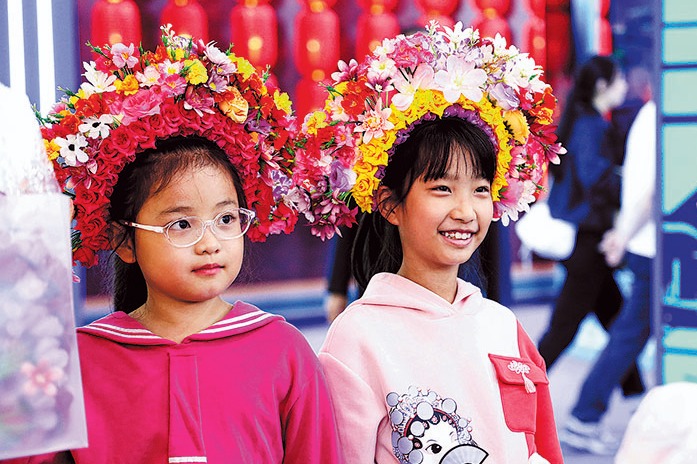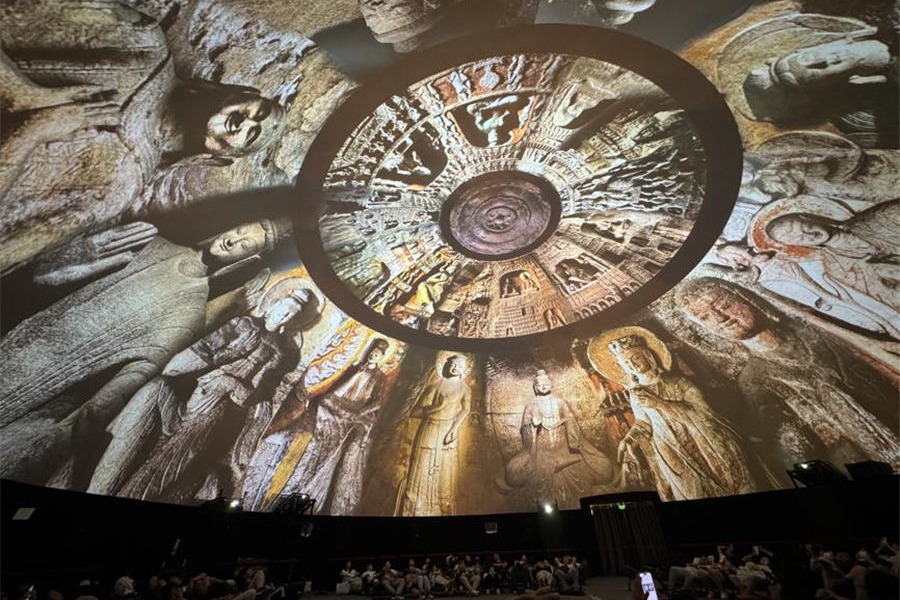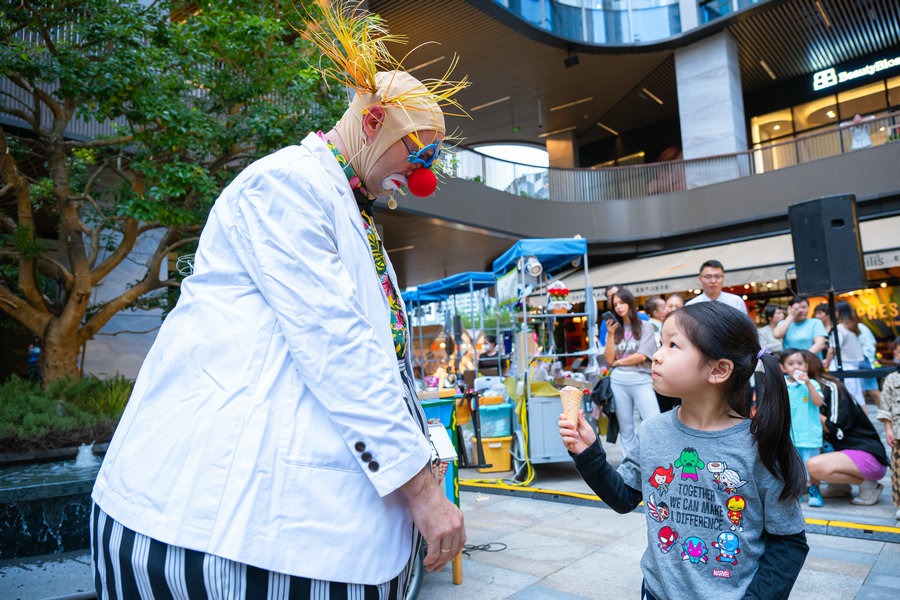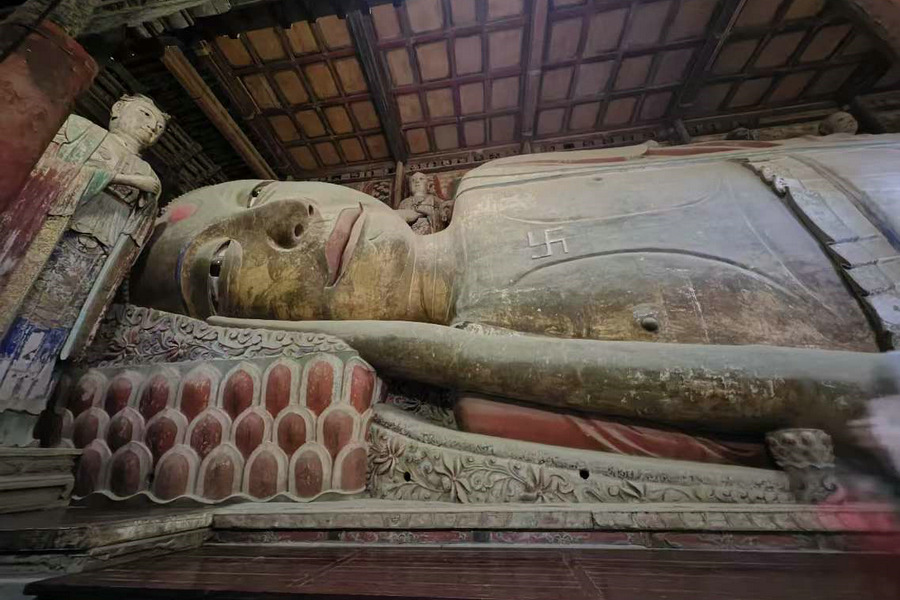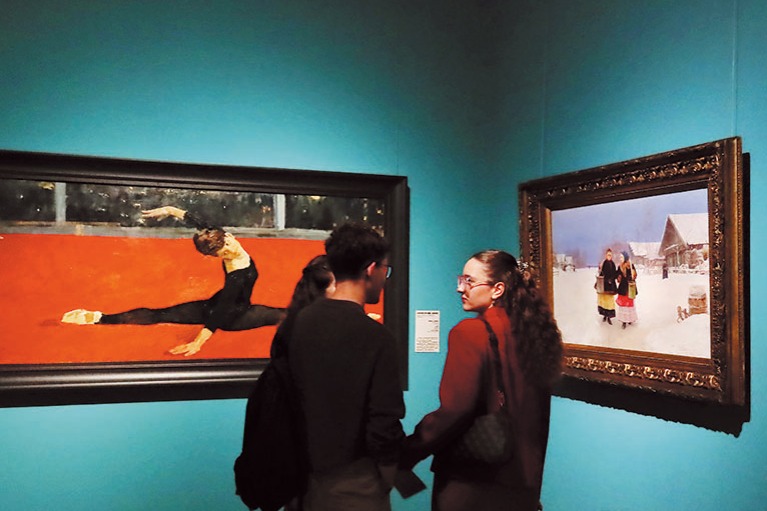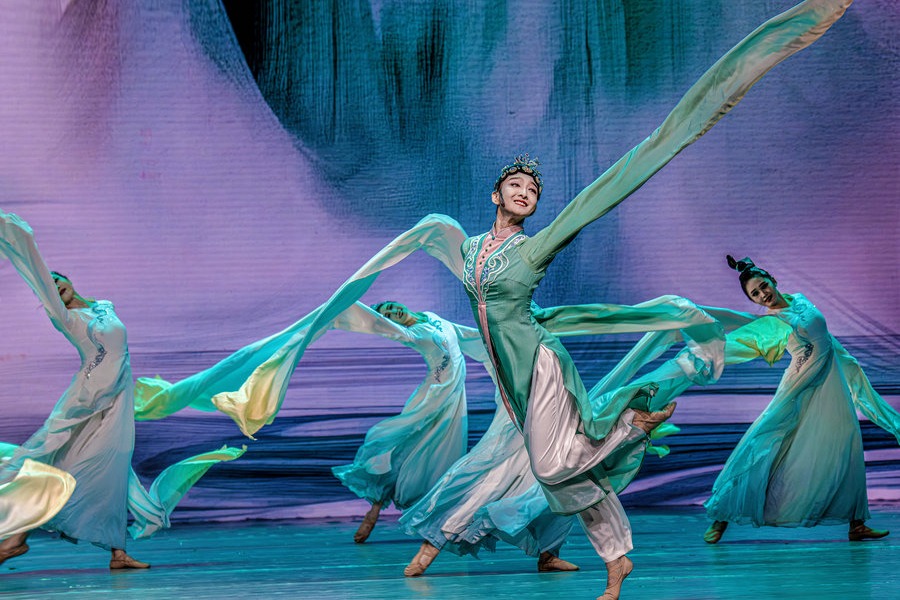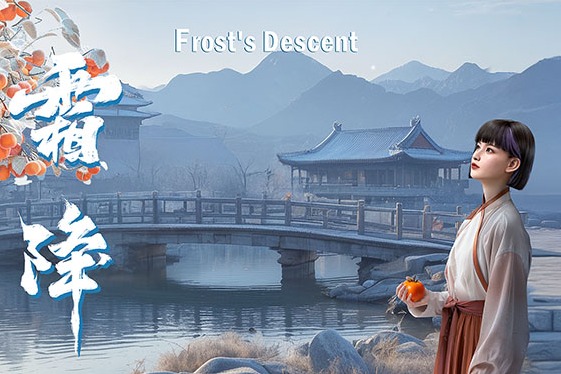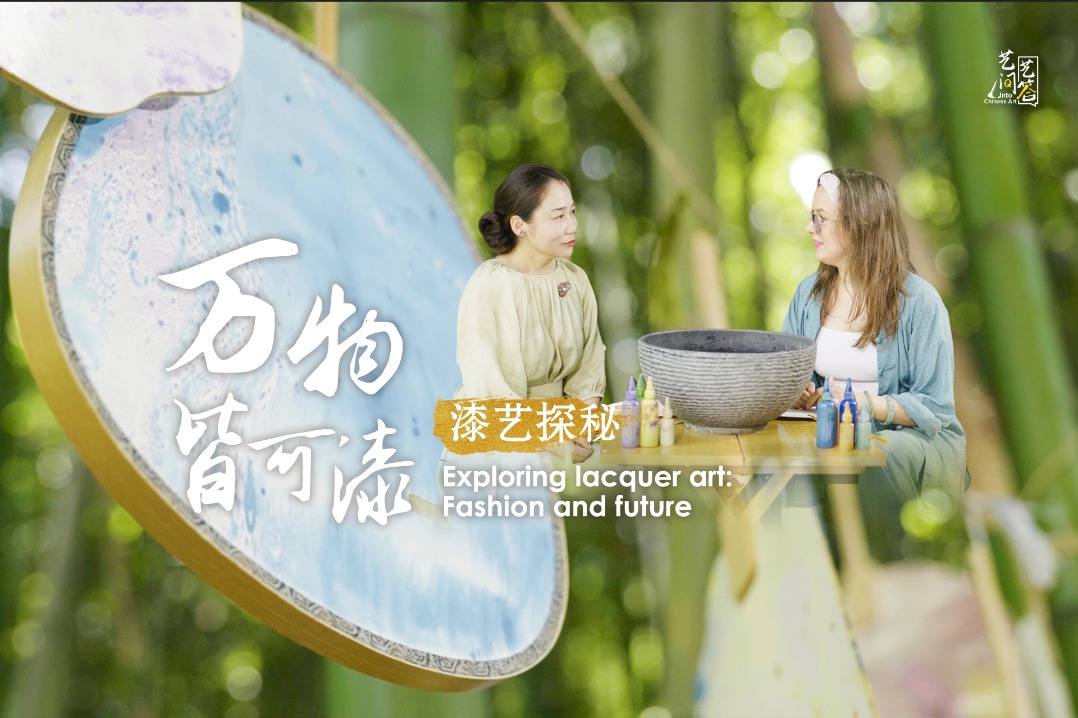Composer chooses to go ethnic

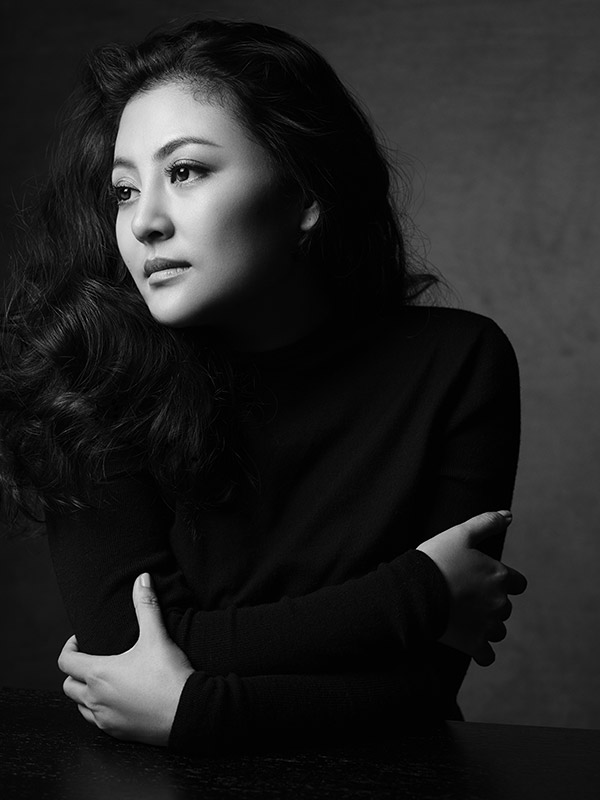
For Chinese composer Zhang Qianyi, his muse is the country's ethnic groups.
One of his most famous works is the pop song released in 1993, entitled Qinghai-Tibet Plateau, which was inspired by the natural scenery of the Tibet autonomous region and Northwest China's Qinghai province.
He also composed for a Chinese opera produced by the National Center for the Performing Arts, entitled Lan Huahua, in 2017, which was based on folk music of Northwest China.
Recently, Zhang released an album, which contains all his music based on Chinese ethnic groups done over the past 20 years.
The album called Legend features 13 songs composed by Zhang, including Qinghai-Tibet Plateau, and performed by Chinese singer, Alu Azhuo, who is from the Yi ethnic group.
Chinese songwriters, including Zhang's longtime friend, Qu Yuan, also wrote lyrics for some of the songs.
Speaking about the album, Zhang, 60, who was born in Shenyang, in Northeast China's Liaoning province, and was introduced to music by his father, a wind instrument player, says: "While preparing the song list, I reviewed my trips to those remote ethnic regions and I still feel amazed by the natural scenery and local culture."
Zhang started to play violin at the age of 6 and learned to play the bassoon at 12.
In 1977, Zhang began composing. And in 1984, he graduated from Shanghai Conservatory of Music with a degree in composing.
Though he has a classical music background, Zhang fell in love with Chinese folk music after seeing scenes of Tibet on television in the early 1990s.
And though he didn't visit Tibet then, Zhang wrote the song Qinghai-Tibet Plateau for the TV drama, The Road To Heaven, which tells the story of the Qinghai-Tibet Railway.
The song, performed by Chinese singer Li Na, then soon gained wide popularity in the country.
Since then, Zhang has traveled widely to visit areas populated by ethnic groups.
One of the songs in the album portrays the life of Genghis Khan and Mongolian ethnic culture. The song, Ga You La, meaning The Wrong Road, is adapted from a folk song of the Yi ethnic group.
Speaking about the song, Chinese singer Alu Azhuo, who was born and grew up in the mountainous regions of Southwest China's Guizhou province, says: "It (doing the song) felt like singing in the mountains of my hometown."
Alu, who was born into a Yi family, started singing and dancing as a child and came to Beijing in 2005 to receive vocal training at the PLA Institute of Arts.
In 2009, she won the first prize for pop singing at the Golden Bell Awards, a national honor for Chinese singers.
Then, in 2010, she won the golden award for pop singing at the CCTV Young Singers Grand Prix. Now, Alu is a solo vocalist of PLA Arts Center.
Speaking about her work with Zhang, she says: "When I first met the composer, he told me that it's a blessing for me to sing as a member of the Yi ethnic group.
"And he also inspired me to sing songs of other ethnic groups," Alu says. She has traveled to Sichuan and Yunnan, which are home to other Chinese ethnic groups, to understand local sounds.
The album also features musicians from other Chinese ethnic groups, such as Zhang Quansheng from Inner Mongolia, playing the traditional Mongolian musical instrument, the matouqin, or the horse-headed fiddle.


















